When the attacks of the evil one assail us and in times of thanksgiving, we can trust in the One who is faithful and has promised to be with us always and rejoice with Luther that “Our victory has been won; the Kingdom ours remaineth.”
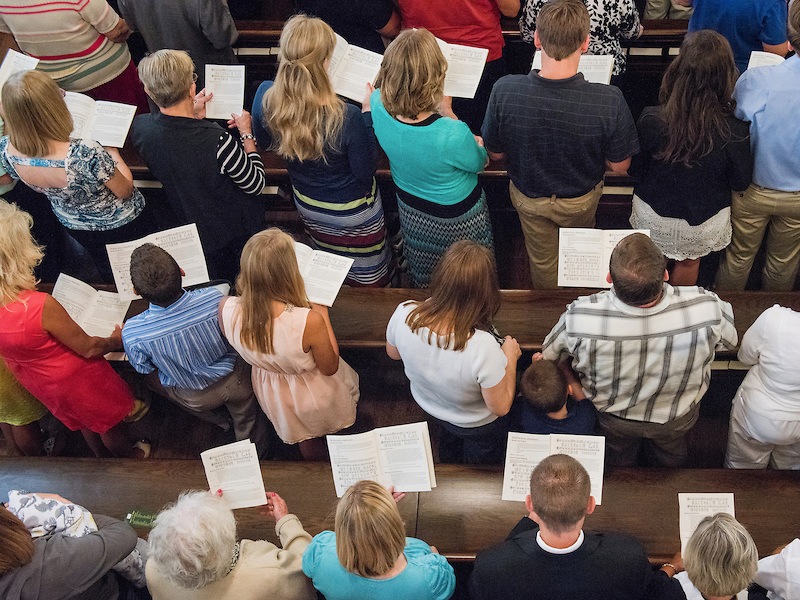

When the attacks of the evil one assail us and in times of thanksgiving, we can trust in the One who is faithful and has promised to be with us always and rejoice with Luther that “Our victory has been won; the Kingdom ours remaineth.”
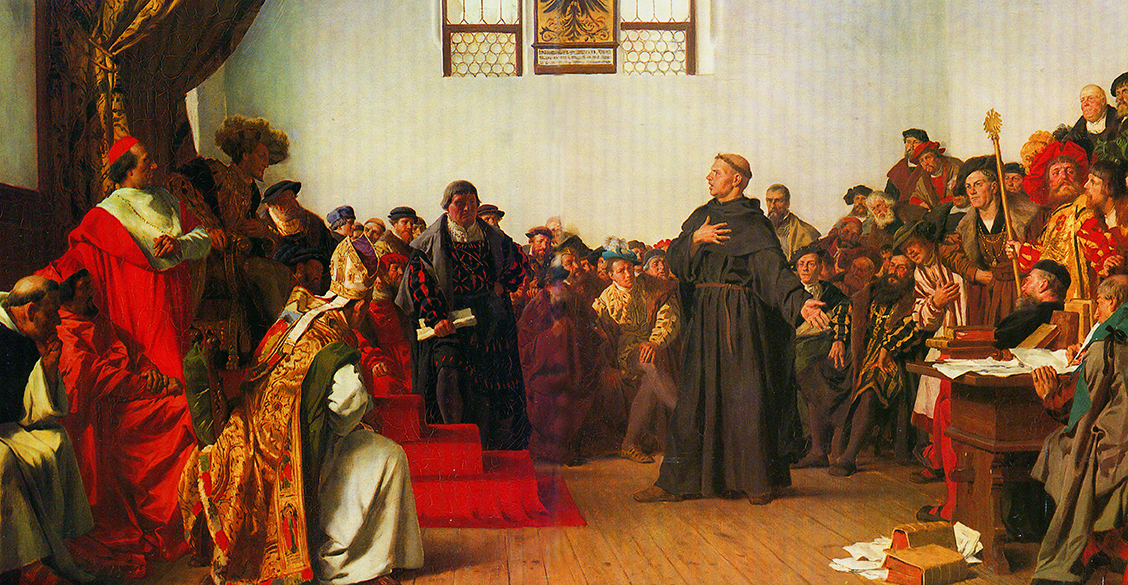
Although Luther had initially believed that his condemnation at Worms was the end of his life and Reformation, it proved ultimately to be merely the end of the beginning.
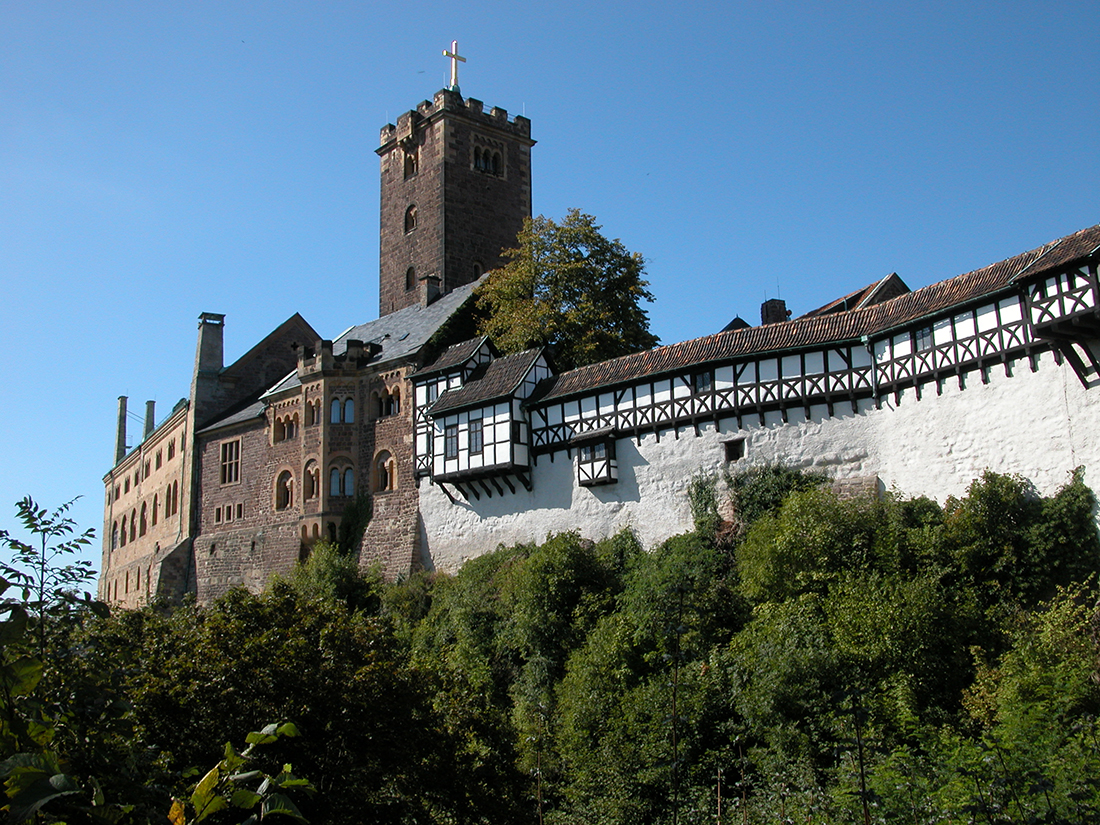
After years of much prayer, meditation, and struggle, Luther discovered the true meaning of God’s Word: “Then finally God had mercy on me, and I began to understand that the righteousness of God is a gift of God by which a righteous man lives, namely faith.”

Thanks to the combined impact of the printing press and the urgency of the Reformers to translate the Bible into many languages, generations of people have been able to receive the gifts of the Gospel through the written word in their own language.
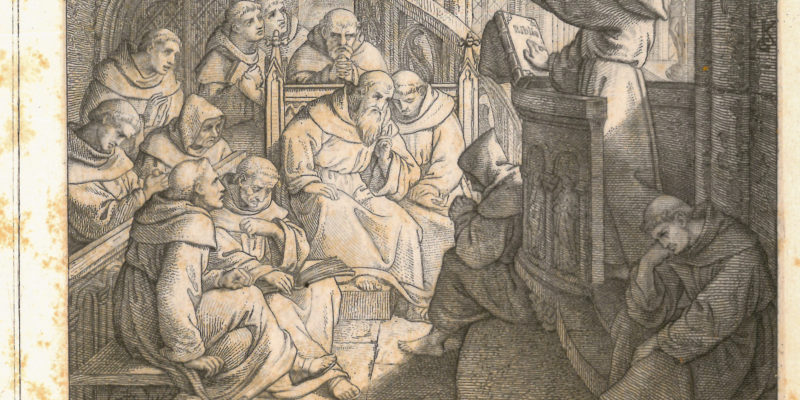
For Luther, if one would lose the proclamation of the Law, one would also lose the sweet gospel which sets sinners free from condemnation. He said, “Yet it is safest to turn to a middle road, to turn too much neither to the right nor to the left. For both are dangerous, and, as I said already, for this reason also, the office of the word was instituted, that we might teach both, that is, the Law and the Gospel.”
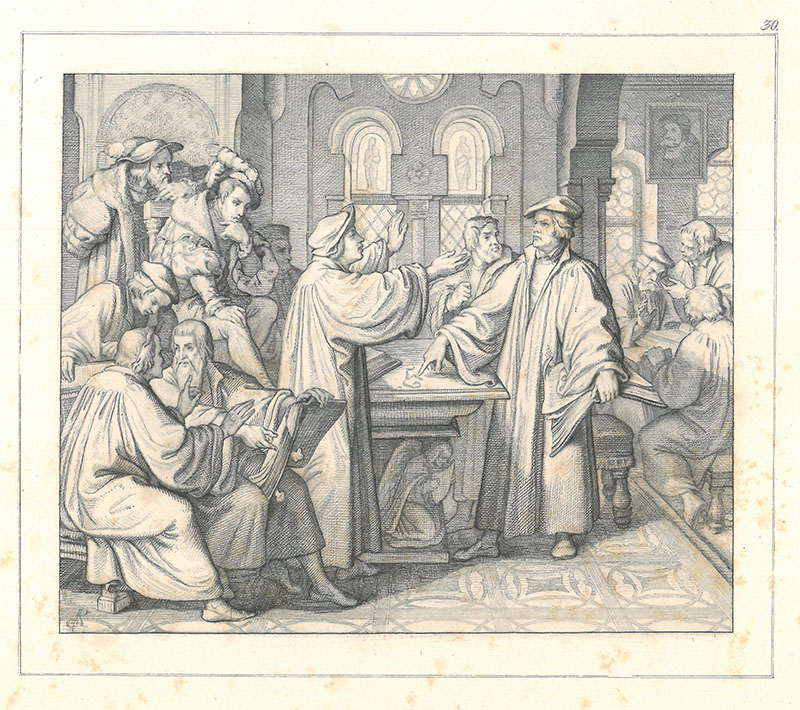
Luther simply would not delve into philosophical argument with Zwingli on the possibility of the real presence of Jesus’ body in the Sacrament. When Zwingli said to Luther, “Prove, I pray, that the body of Christ can be in many places,” Luther tersely replied, “This is my body.”

Luther didn’t care about attacking the pope or any other ecclesial authority capriciously. His concern was for God’s Word and the doctrine.

Luther’s father confessor and superior in the Augustinian order, Johann Staupitz, provided Luther the opportunity to defend and discuss his views at the April 1518 meeting of the general chapter of the Augustinians of Germany in Heidelberg. In masterful fashion, Luther explored the assigned topics of free will, grace, and works, with one conclusion: we must trust in Christ, not ourselves.
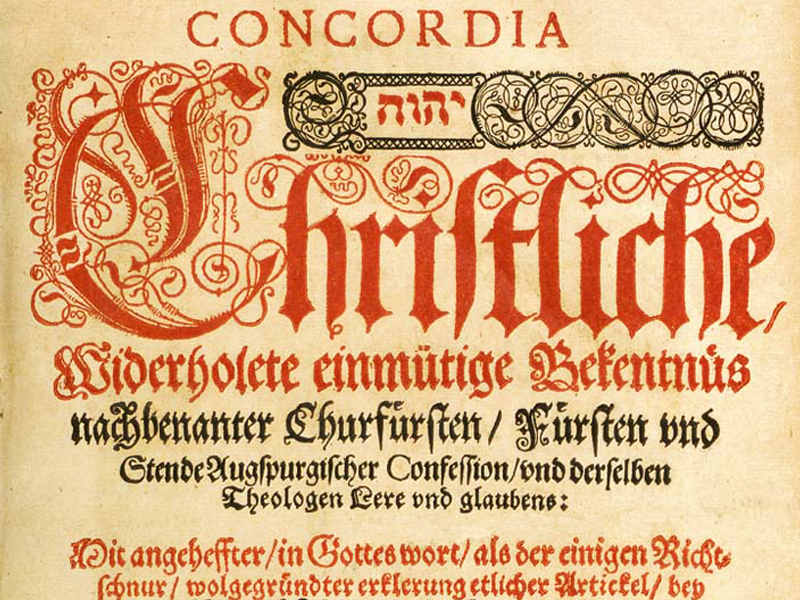
When we learn it aright, we learn that the call to repentance is the call of a God who loves us and desires us to despair of our self-righteousness and benefit from the free forgiveness that is ours through the merits and sacrifice of Christ Jesus.
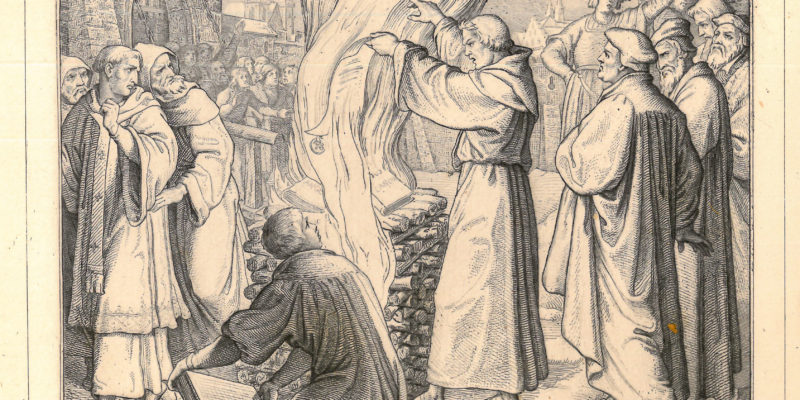
The burning of the bull was not something Luther did lightly, or with great pomp necessarily. He later told his friend and superior Johann von Staupitz that he did this while “trembling and praying.”